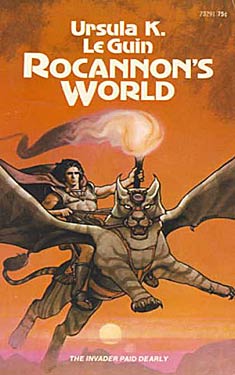One of the reasons I love summer is because I have more time for reading. This past summer I noticed a theme running through a number of the stories and novels I was reading: Books and/or writing as life savers. I'll mention three of the bunch here.
Among Others by Jo Walton.
Dan Savage began a YouTube project to help LGBTQIA kids who were being harassed in school. He asked queer adults to talk about how great their lives are now: it will get better, they will find community and through that community love and acceptance. I describe Jo Walton's novel as an "It Gets Better" project for any kid who feels marginalized. Morwenna Phelps finds herself in a boarding school after some very bad stuff happens in her home life. She finds enough solace in Science Fiction to stay sane, but she comes into her own when she finds a Sci-Fi book group in the local town. Books can save you and finding other people who love books can make your life worth living.
Because Mori figures out her life through reflecting on the books she has read or is reading, for me, this novel also served as a primer for the canon of English language Sci-Fi pre-1979. (While most of the books Mori reflects on are science fiction, her own world is infused with fantasy elements--fairies!)
Plus it has an amazing ending in which
The Lord of the Rings becomes both weapon and shield.
A Stranger in Olondria by Sofia Samatar.
Jevick was raised on an island with no written language to speak of. His father, a wealthy pepper farmer, decides that it will add to his prestige to teach his son to read and write, and so hires a tutor from Olondria, where reading is commonplace, where books abound. Jevick falls in love with books and eventually makes his way to Olondria. There he is driven to near-insanity by the ghost of young girl from his archipelago. He learns finally that he can approach her not in fear, but in love, when he honors her request to write down her life. Jevick must save himself and calm his ghost and the only way he can do that is through writing.
For me, the most powerful metaphor in the novel is that books can stand in for our
jut, in Jevick's language meaning something like spirit/soul/self. What we put into books gives us, creates, the very best of who we are.
The Drowning Girl by Caitlin R. Kiernan
For the most part India Morgan Phelps controls her schizophrenia with therapy and meds. Until she encounters a naked woman by the side of the road and brings her home. This woman might be a siren or she a wolf. Imp can't figure out what is real and what is not real until she writes a story for each.
All of these books blur the line between magic and insanity. As a reader you're never quite sure: are the main characters crazy? or is the world magic? Or are we crazy
and the world is magic? We're crazy because the world is magic? In each, the main character carves out a way to live with insanity/in the crazy world through books and/or writing. Notice even the similarity in the main characters' names in
Among Others and
The Drowning Girl.
I read these three close on the heels of one other and their similar themes really got to me. I kept feeling like maybe the authors were all part a writing group and decided to write on the same prompt.
Reading them also brought home the idea that we focus on what we love, what is closest to us. When someone in the radio business dies, NPR dedicates disproportional airtime to their remembrance. And wouldn't you say that, pretty much, authors are authors because we love books, we love writing. Because we love books, they show up in our writing. I'm sure there must be novels in which the characters dislike reading, but much more often I see reflections about reading, writing, and books showing up in books.
Books are the love poems we write to the books we have fallen in love with.




